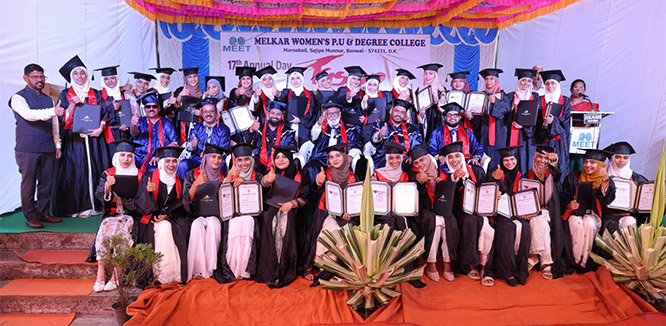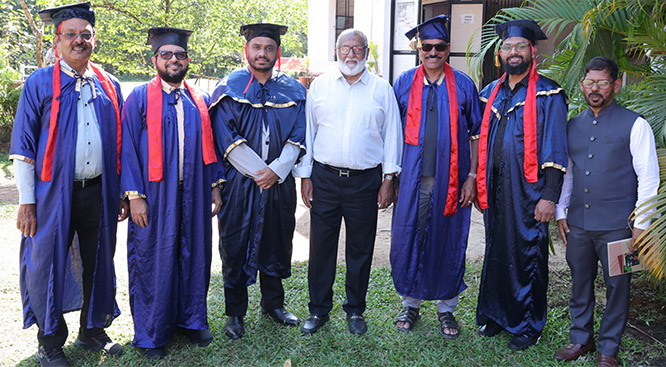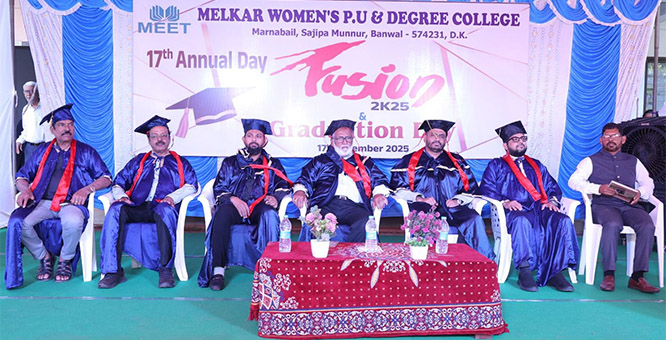An Indian woman sentenced to death in Abu Dhabi for allegedly murdering a four-month-old child was executed on February 15, the Delhi High Court was informed on Monday. The revelation came during a hearing on a petition filed by her father, who was seeking information about her well-being.
Court Calls Execution "Unfortunate"
Justice Sachin Datta, upon learning of the execution, described it as "very unfortunate."
"It is over. She was executed on February 15. Her last rites will be held on March 5," Additional Solicitor General Chetan Sharma told the court.
Family’s Fight for Information
During the hearing, the petitioner’s counsel said the family had been desperately seeking clarity on whether she was alive or had been executed.
He mentioned that Shahzadi Khan had called her family from prison on February 14, informing them that she would be executed within a day or two and that it would be her final call. Since then, they had received no updates about her condition.
The Centre’s counsel stated that embassy officials were in touch with the petitioner and were making arrangements for the family to attend her last rites in Abu Dhabi.
"We did our best. We hired a law firm to represent her in court. But the laws there deal with the murder of an infant very severely," he submitted.
Case Background
According to the petition, Shahzadi contacted her father from detention on February 14, 2025, saying she had been moved within the facility and wanted to speak with her parents before her execution.
Her father, Shabbir Khan, a resident of Banda in Uttar Pradesh, filed an application with the Ministry of External Affairs (MEA) on February 21, 2025, seeking official confirmation of whether his daughter had been executed.
Shahzadi had been handed over to Abu Dhabi police on February 10, 2023. She was sentenced to death on July 31, 2023, and was held at Al Wathba jail.
The petition alleged that Shahzadi did not receive proper legal representation in court and was pressured into confessing, leading to her death sentence.
Events Leading to the Case
Shahzadi traveled to Abu Dhabi in December 2021 on a legal visa. In August 2022, her employer gave birth to a son, and she was hired as the child’s caregiver.
On December 7, 2022, the infant received routine vaccinations but tragically passed away that same evening.
The petition claimed that the child’s parents refused to allow a post-mortem and signed an agreement waiving further investigation into the death. However, despite this, Shahzadi was arrested and later sentenced to death.
Her family continues to seek justice and closure following her execution.








Comments
Add new comment